Entity Level Policies
Entity level policies, also known as corporate policies or enterprise-wide policies, are overarching policies that apply to an entire organization. These policies set the tone and provide guidance on key aspects of operations, conduct, and compliance across the entire entity. They define the expectations, values, and standards that employees and stakeholders are required to uphold.
Some common areas covered by entity level policies include:
Code of Conduct/Ethics
A code of conduct outlines the expected behavior and ethical standards for all employees and stakeholders. It typically covers topics such as honesty, integrity, conflicts of interest, confidentiality, anti-corruption, and respect for diversity.
Compliance
Compliance policies outline the organization's commitment to following applicable laws, regulations, and industry standards. They provide guidance on specific legal requirements and set expectations for employees to adhere to in their activities.
Information Security
Information security policies establish guidelines for protecting sensitive information and data assets. They cover areas such as data classification, access controls, password management, network security, and incident response.
Human Resources
HR policies cover various aspects of employment, including recruitment, hiring, compensation, benefits, performance management, employee relations, and workplace safety. These policies ensure fairness, consistency, and compliance with employment laws.
Health, Safety, and Environment
Policies related to health, safety, and environmental protection establish guidelines for maintaining a safe and healthy work environment. They cover topics such as workplace hazards, accident reporting, emergency procedures, and environmental sustainability.
Risk Management
Risk management policies outline the organization's approach to identifying, assessing, and managing risks across the enterprise. They provide guidelines for risk assessment methodologies, risk appetite, risk tolerance levels, and risk mitigation strategies.
Financial and Accounting
Financial and accounting policies define the organization's financial reporting and accounting practices. They ensure compliance with accounting standards, internal controls over financial reporting, expense management, and financial disclosure requirements.
These are just a few examples of entity-level policies. The specific policies implemented by an organization will depend on its industry, size, regulatory environment, and specific needs. Entity-level policies are typically developed by management and approved by the board of directors. They are communicated to employees through various means, such as employee handbooks, intranet portals, training programs, and regular policy updates.
Entity-level policies serve as a framework for consistent decision-making, provide a basis for risk management, help foster a positive organizational culture, and demonstrate the organization’s commitment to ethical conduct, compliance and risk management, and best practices.
Connect with Us!
Connect with us, locate an office closest to you, or join our team.

